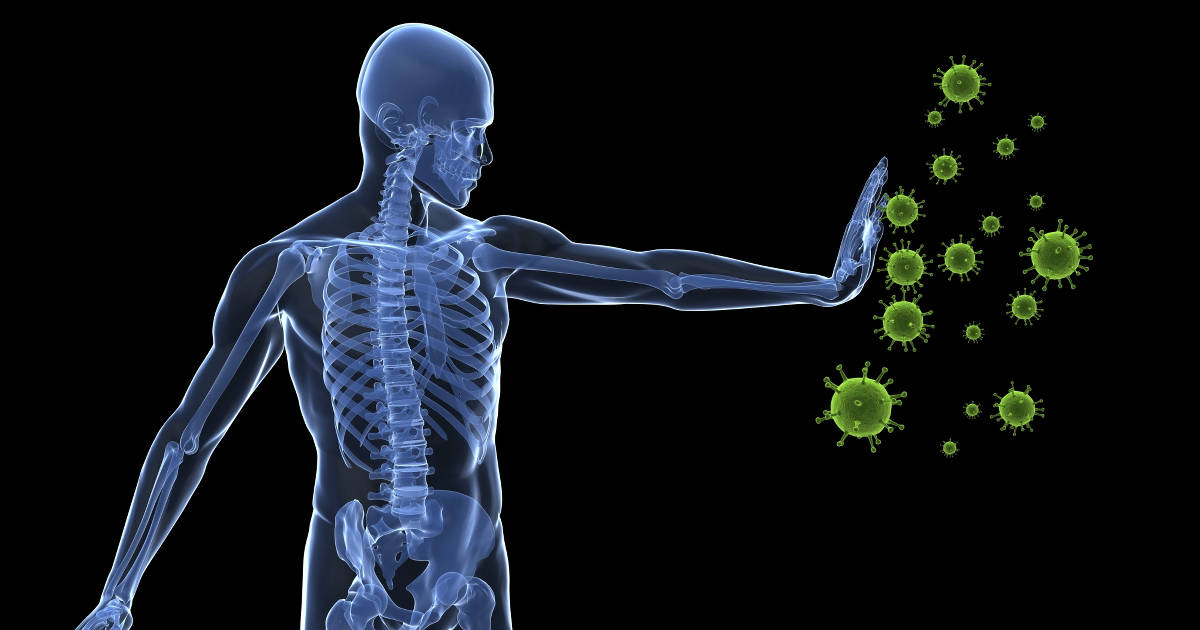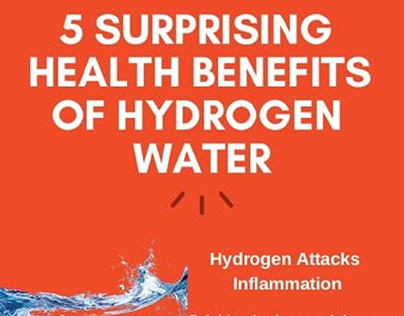
In 1520, Swiss physician and chemist Philippus Aureolus Paracelsus discovered hydrogen gas when he burned metal and acid and unwittingly collected a gas as a by-product of the reaction. At the time, Paracelsus had no idea what this new gas was or how important it would become. Today, 500 years after its first discovery, researchers are finally beginning to unwrap the secrets of molecular hydrogen and in particular, how it can be used to alleviate a host of symptoms and conditions.
What is molecular hydrogen? Hydrogen is a naturally occurring element that bonds easily with oxygen to form water, or H20. And that’s a good thing because it is unstable oxygen molecules, also known as reactive oxygen species (ROS) or free radicals, that are responsible for so much damage within the body. By bonding with these unstable oxygen molecules, hydrogen neutralizes them and converts damaging free radicals into inert water.
So molecular hydrogen is essentially an antioxidant. But it’s not just any antioxidant.
A recent review of the history and potential uses for molecular hydrogen, published in the journal Medical Gas Research noted that of molecular hydrogen’s many advantageous characteristics, perhaps its greatest advantage is that it can diffuse through membranes and enter the cytosol, mitochondria, and nucleus of cells. This makes it more effective than most antioxidants because many free radicals target these organelles and most antioxidants cannot access these areas of the cell.
By reducing the levels of free radicals within the body, molecular hydrogen can help to reduce inflammation, slow cell aging, relieve pain, and prevent and alleviate the symptoms of a number of diseases such as rheumatoid arthritis, Alzheimer’s disease, Parkinson’s disease, allergies, osteoporosis, cardiovascular disease, and diabetes.
In their review on molecular hydrogen, the authors, physicians in physiology and neuroscience from Loma Linda University School of Medicine in California noted, “[t]he future looks very bright and promising; hopefully hydrogen will be at the forefront of medicine and will make surging strides as simple treatments to the top ailments such as neurodegenerative diseases, cardiovascular diseases, respiratory diseases, and numerous other diseases.”


